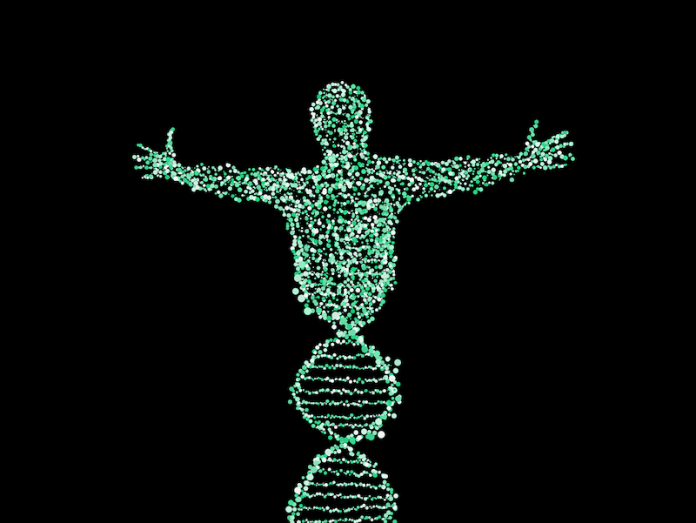
A recent study from the USC Viterbi School of Engineering has found a new cause of aging in cells.
The team examined the reasons cells age and then aimed to design treatments for better aging.
They focused on a natural process in which cells permanently stop creating new cells.
The process can lead to age-related decline, manifesting in diseases such as arthritis, osteoporosis and heart disease.
The study is published in the Journal of Biological Chemistry. The leader is Assistant Professor of Chemical Engineering and Materials Science Nick Graham.
Previous research has shown that cells in the process are the opposite of stem cells, which have an unlimited potential for self-renewal or division.
But aged cells can never divide again. It’s an irreversible state of cell cycle arrest.
The researchers found that these aged cells stopped producing a class of chemicals that are the building blocks of DNA.
When young cells stopped producing the chemicals, they became aged. This suggests that the production of the chemicals is key to keeping cells young.
The team says if scientists could prevent cells from losing the chemical synthesis, the cells might age more slowly.
The new findings could be key to the understanding of how the aging process works.
The study potentially paves the way for better cancer treatments and revolutionary new drugs that could vastly improve human health.
Currently, the team is examining the aging process in epithelial cells, the cells that line the surfaces of the organs and structures in the body and the type of cells in which most cancers arise.
The aging process is most widely known as the body’s protective barrier against cancer.
The team hopes to remove aged cells in the body to promote healthy aging and better function, but not to completely prevent the aging process.
Copyright © 2019 Knowridge Science Report. All rights reserved.



